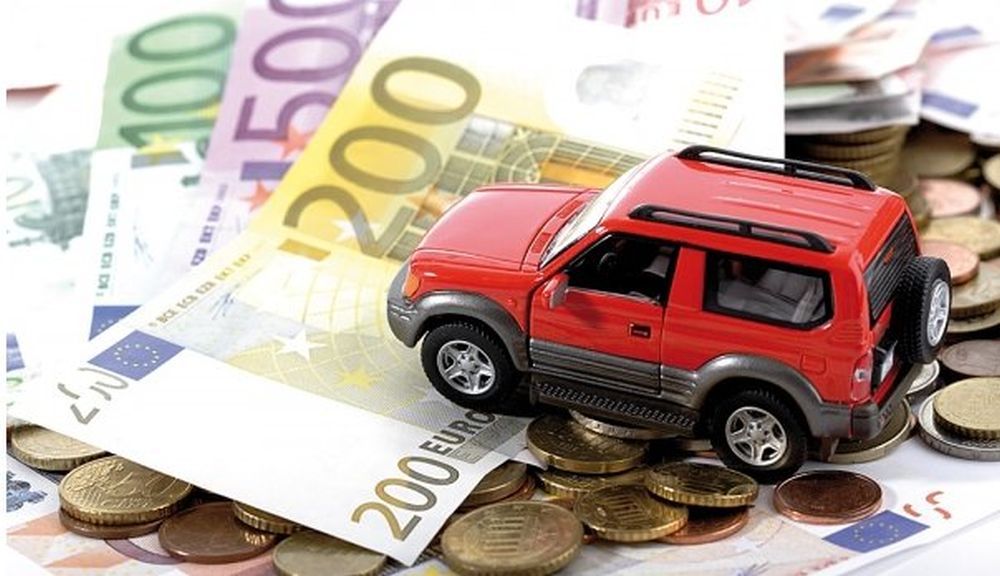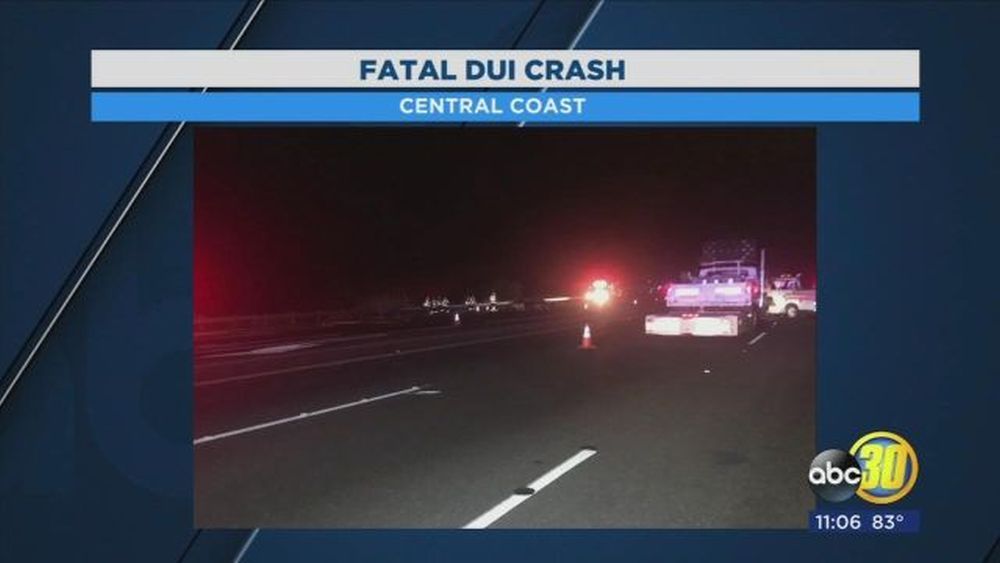The Pros and Cons of Non Owner Auto Insurance
Non owner auto insurance has been an option for some time now, and you may find yourself considering it if you do not own a vehicle but still want to be protected in the event of an accident or if you frequently borrow or rent vehicles. Non owner auto insurance offers a lot of benefits, but there are some drawbacks as well. Let’s look at the pros and cons of non owner auto insurance to help you decide if it is right for you.
Pros
One of the main advantages of non owner auto insurance is that it provides you with financial protection when you do not have your own car. If you are ever caught without a car, whether you borrow one or rent one, non owner auto insurance can offer you peace of mind by covering you for any damage or injury that you may cause to others or that you may suffer as a result of an accident.
Additionally, non owner auto insurance is generally quite affordable as you are usually only insuring yourself and not a car, so the premiums are often much lower than if you were to purchase a typical auto insurance policy. Furthermore, if you are renting vehicles frequently, then you may be eligible for a discounted rate.
Non owner auto insurance also allows you to maintain your driving history, as it provides you with the coverage you need regardless of what vehicle you are in. This means that you can easily transition into a car of your own in the future without having to worry about being labelled a high risk driver.
Cons
Non owner auto insurance policies may not provide you with comprehensive coverage; you may only be able to get basic liability insurance. This means that you will not be covered for damage caused to the vehicle you borrowed or rented, nor will you be covered for any of the repairs or medical expenses associated with an accident.
Non owner auto insurance typically does not cover uninsured and underinsured motorist coverage either, so you may find yourself in a difficult situation if the person in the other vehicle does not have insurance or their insurance is not sufficient to cover your damages and expenses.
Another notable drawback of non owner auto insurance is that it can only be used for short periods of time. This means that you will probably need to purchase an auto insurance policy once you have your own vehicle, unless you plan on continuing to use non-owners auto insurance, in which case the premiums will likely increase.
One final disadvantage of non owner auto insurance is that it does not cover any like-kind-and-quality repair specialist visits for the car you are driving. This means that if the car is damaged in an accident, you will need to pay out of pocket for any repair specialist services – something that would be covered under a normal auto insurance policy.
Expand on the topic:
In addition to the pros and cons listed above, there are other things to consider when getting non owner auto insurance. One such consideration is the type of protection offered. Some policies may only offer liability coverage, while others may offer collision, comprehensive, and other types of coverage. It’s important to carefully examine the policy to ensure that you are getting the coverage you need.
Another factor to consider is how long the policy is good for. Non owner auto insurance policies typically only last for a short period of time and are considered to be temporary coverage. This means that you will need to either renew the policy or purchase a new one when the current one expires.
It is also important to consider the types of vehicles that are eligible for non owner auto insurance. Generally, these policies do not apply to large commercial vehicles, such as buses, delivery trucks, or construction vehicles. Additionally, some policies may not cover vehicles that are older than a certain age or body type.
On the subject of eligibility, it is important to know that not everyone can qualify for non owner auto insurance. Generally, the primary driver must have a valid driver’s license and must have no major violations on their record in the last three to five years. If you do not meet these criteria, you may not be eligible for coverage.
Finally, non owner auto insurance policies generally do not include roadside assistance coverage. This means that if you are in a situation where you need help with flat tires, towing, or other issues, you will need to look elsewhere. It is important to consider this when deciding whether or not non owner auto insurance is right for you.
In conclusion, non owner auto insurance can provide some limited financial protection if you do not own a car, but it is important to consider both the pros and cons before deciding if this type of policy is right for you. Be sure to examine the coverage carefully and consider all of the factors listed above before making a decision.



